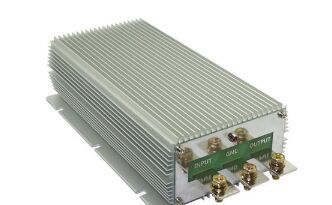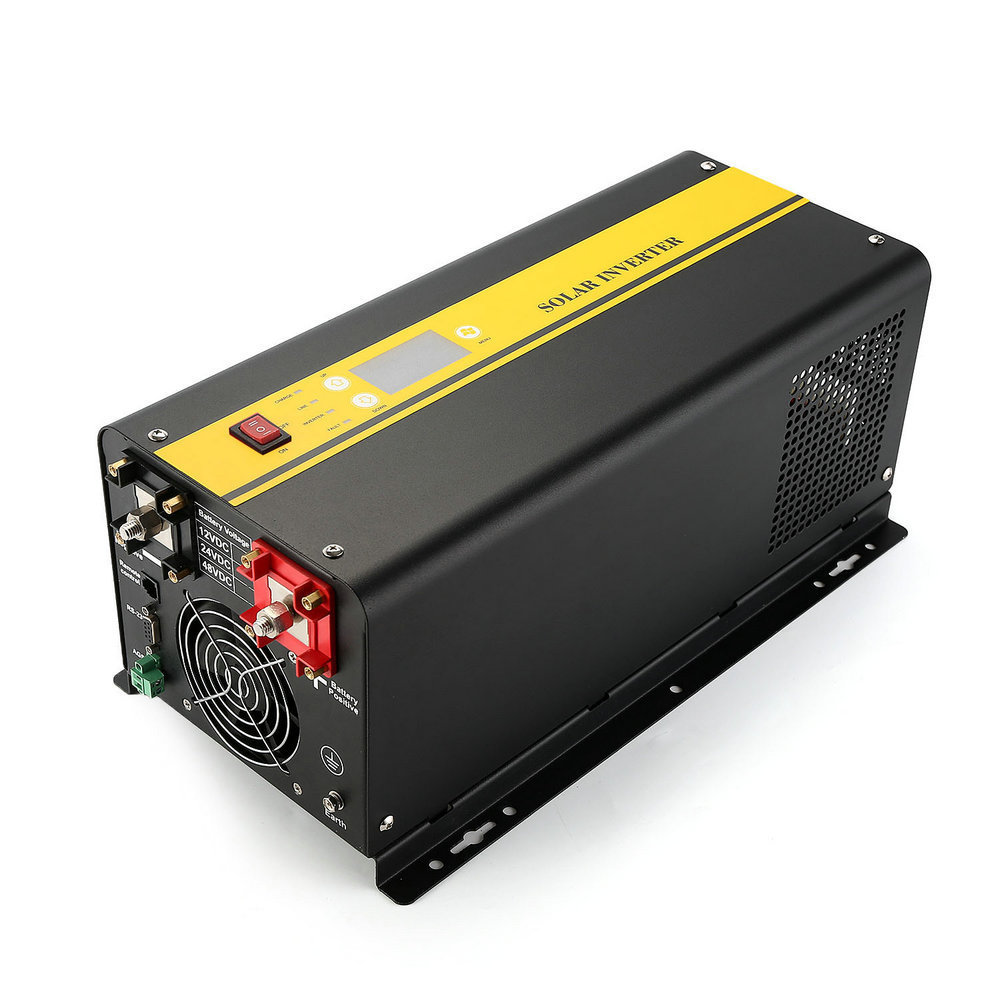Step-up Converter: For most motorcycles, an auxiliary power source is an ideal way to run lights, radios, cigarette lighter, and more. These systems can be run from batteries or various types of fuel sources. You may even run your lights from your motorcycle's battery.
There are numerous reasons that a step-up converter may be necessary. If your battery is dead or your motorcycle has no battery, you may need to hook up to a standard outlet. Or, if you don't know how to use a standard outlet, a step-up converter can help you out.
DC to AC Power Converter: To convert DC to AC power, you will need a step-up converter. This step-up converter will allow you to connect any 12V to a DC source. In many cases, it will come with a socket for connecting to a standard wall outlet.
A 48V to AC Power Converter: If you are driving your motorcycle on mains electricity and the battery runs out of juice, a 48V to AC power converter will help you. The converter is designed to handle between 15V and 20V. This is the exact opposite of what a regular plug-in charger does.

A DC to DC Power Converter: If you have a motorcycle that is equipped with an electrical accessory kit, a DC to DC power converter will also be needed. The kit uses a standard DC power supply and a step-up converter to convert DC power to AC power. This will allow you to use your electrical accessories and not worry about shorting out on the battery.
Fuel Tank Only: The last type of step-up converter is designed to only handle a fuel source. This can be used to convert 12V DC to 12V AC power for an emergency source of power. This is especially useful if you are unable to find a receptacle for your motorcycle battery.
Deciding on a Converter: It is important to do your research when choosing a converter. You want a converter that has the capabilities you need(Off-Grid Power Inverters). However, when choosing between a DC to AC Power Converter and a DC to DC Power Converter, you also want to be certain you are getting a quality product.
Don't just go with the first step-up converter you see, as it may not be the right one for your application. Look around and consider a few different ones, before making your decision.
If you have a lot of heavy equipment, like power tools, then you will probably need a step-up converter that is larger than a standard converter. If you live in a cold climate, you will also need a DC to AC converter to handle the cold temperatures. If you plan on living in a hot climate, you can save money by installing a DC to DC converter.
Always test your converter before you use it, so you can be sure your generator will work when you need it the most. Safety is always the number one priority, so make sure you know your steps before starting.
When you have the proper converter installed, your motor will run cleaner and more efficiently. You will also not have to worry about running out of power before you get back on the road.
Most vehicles can be converted to DC by using an AC to DC converter. However, certain vehicles cannot be converted to DC by a simple conversion kit. You must understand the conversion process of any vehicle to ensure that it will work properly in a DC environment.

You can convert any car or truck to an AC to DC converter by plugging the wires that are in your vehicle to an electrical outlet. Most adapters will have one wire and a few plugs. Plugin the adapter into an available electrical outlet and the wires will be connected to a DC input and an output. The adapter will also supply the power to operate your vehicle.
There is another type of DC to AC converter called the Minibus Converter. This converter has many positive points, but there are some drawbacks as well. If your vehicle is a van, a conversion with a Minibus Converter may not be suitable for you. Converting to DC with a Minibus Converter is not recommended because of the high voltage it requires.
For vans, there is a conversion with an AC to DC converter called the Minibus Converter. This type of conversion will allow you to convert any vehicle into an AC to DC converter that will work effectively on any fuel types.
Dcor Converters that are used for converting a vehicle to an AC to DC converter has advantages. The major advantage is that it will not only power your vehicle but will also store the energy generated by your vehicle so that you can use it when you need it. Dcor Converters can help you save on fuel costs.
There is also another type of DC to AC converter called the Minibus Converter. This type of conversion is great for fans, but not for cars and trucks.
You can convert your vehicle to DC by using either a Minibus Converter or an AC to DC converter. Both of these converters have many benefits.
Some manufacturers have specially designed kits for converting your vehicle into an AC to DC converter. These kits usually include a container that has one valve and one clamp. The DC Inlet and DC Outlet will be plugged into the Clamp and the Valve, respectively.
To convert your vehicle to DC, you should plug it into the AC Inlet. Then, plug the AC Outlet to the DC Outlet. You should plug the Clamp into an available outlet before plugging the other end of the Clamp into the Valve.
After plugging the AC Outlet into the AC Inlet, you can plug the AC Outlet into the AC Outlet. This is an easy process for your vehicle conversion. These kits are very convenient to use.
A Minibus Converter is another converter type that can convert your vehicle into an AC to DC converter. But this converter type is only suitable for cars and trucks.
When you are looking for a DC to AC converter, you should know whether it will be suitable for your vehicle. Many companies manufacture DC to AC converters, so you will find a converter type to suit any vehicle.